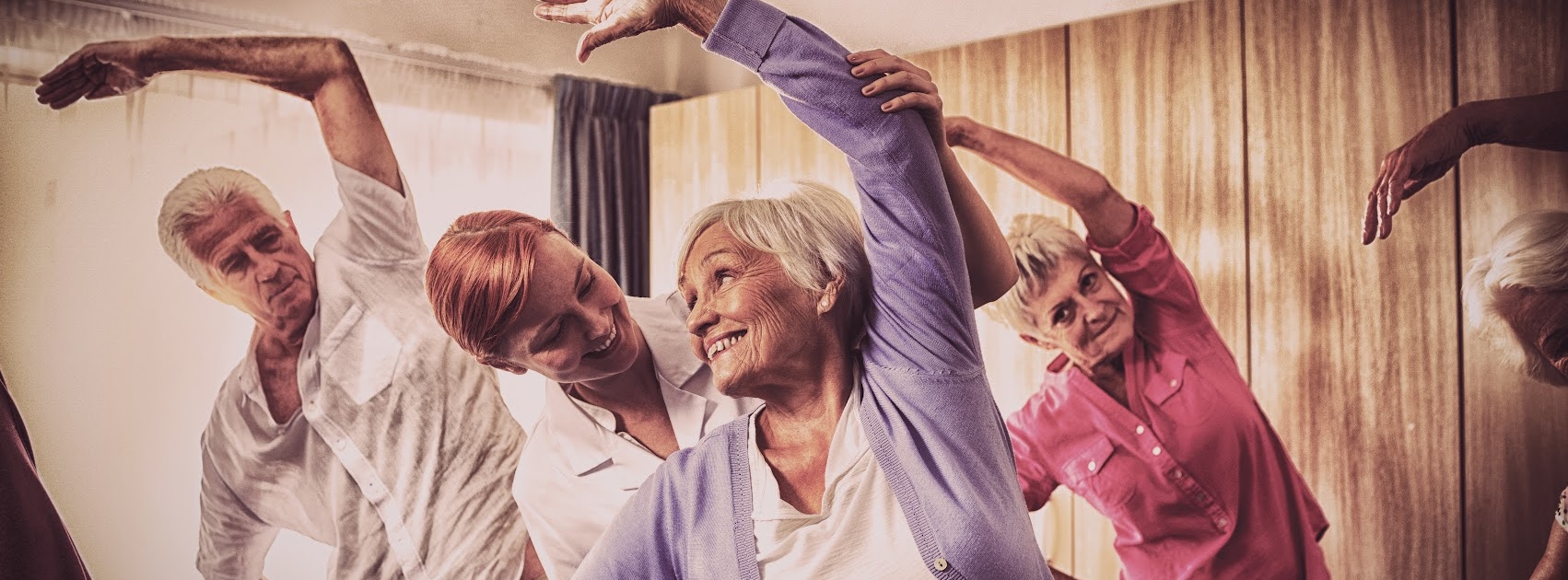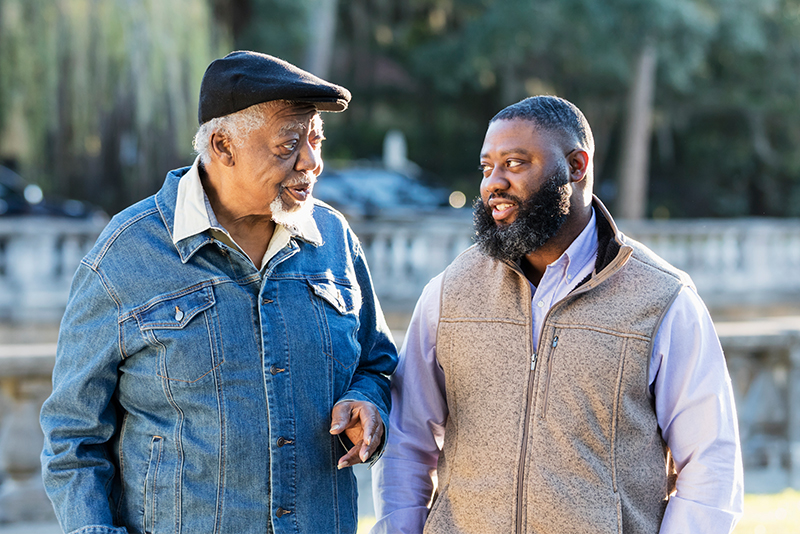
Tools to Help your Parents to Age in Place Aging at home is a modern approach to eldercare that enables the elderly to stay in their own home as they age, rather than being relocated to a nursing home or an assisted living facility. To help support aging in place, there are a number of tools available to help our aging loved ones to maintain their independence and self-sufficiency. These tools have been designed to help compensate for any limitations they may have. Hearing tools Our aging loved ones commonly experience varying degrees of hearing loss. To help support them in aging in place and managing hearing challenges, there is a helping range of solutions available. These include vibrating watches to remind them of medication schedules, hearing devices that help amplify sounds, and visual alerts for any of their telephones or fire alarms. Vision Tools As our loved ones age, deteriorating eyesight can impact their indepence. While glasses may not always be sufficient. They can also use a magnifying glass, large print materials…

Lessons for Aging Well Have you ever encountered a person so motivating that completely changed your viewpoint on life? A loved one with exceptional drive and energy can help make them stand out from the rest, leaving you curious to what sets them apart. That person’s drive and energy that can set them apart from others can be attributed to a few factors such as their passion for what they do, their strong work ethic and their ability to stay focused and motivated. It could be possible that they have developed effective strategies for managing their priorities and time, allowing them to accomplish more in less time. With loved ones having a positive and a strong belief in their own abilities, that may help them overcome their challenges and setbacks. It is helpful to remember that everyone is unique, and what may work for one may not work for another. However by observing and learning from those who stand out, we can gain valuable insight and inspiration to help our loved ones achieve their own goals and aspirations. …

How to Help Your Aging Parents Celebrate this Holiday Season with Cold and Flu Symptoms The perfect holiday season is a time filled with lights, great food, gifts and cherished traditions passed down from generation to generation. However, the true satisfaction comes from the joy of spending time with your loved ones. During this upcoming holiday season with the cold and flu season still upon us, it is important to prioritize the safety of our older family members when celebrating this year. Although we may not all be able to physically be with them, there are still many great ways to create meaningful memories together. By thinking outside the box and being creative, we can help close the gap and make the best of the situation. Let’s explore some ideas and options to safely connect with our loved ones and ensure they feel loved, cherished and included during this holiday season. Our team of aging care professionals have created a range of suggestions to help assist you in supporting your aging parents during this season. These recommendations help to provide practical…

Secrets to Happiness Despite Chronic Pain or Illness Living with a chronic illness or disease can present daily struggles and challenges for many, especially seniors. From the time you wake up, it may seem like everything is not going correctly for you, your alarm did not go off, the hot water heater is not working, your cat or dog has decided to chew your favorite shoe. With those dealing with a chronic illness, those kinds of days become more normal. It is important to recognize and understand the difficulties our loved ones can face on a daily basis. There are several steps that our loved ones can take to help find and maintain a joyful life, even when dealing with a chronic illness or pain. For example, staying physically active low-impact exercises like walking or swimming can help manage pain and help to improve your overall well-being. Follow passions: Finding your purpose and meaning for each day is essential. For many seniors finding satisfaction in helping and encouraging others, where some enjoy being lifelong learners. Others…

How to Help a Loved One During a Short-Term Stay in Assisted Living After a hospitalization or surgical procedure, the doctor may recommend a short-term stay in assisted living for rehab purposes before returning home. This is typically a temporary period of intensive therapy to promote healing and recovery. However, the thought of moving into an assisted living facility or nursing home even for a matter of weeks or months can be exceedingly tough to accept. How can you help a family member through this challenging life event? There are several actions you can take to help overcome feelings of fear, anxiety, and homesickness during a short-term facility stay. Personalize the room. The facility will provide the bare necessities: a bed, dresser, and chair. Make the space feel more like home by bringing in belongings such as a favorite quilt and pillows, family photos, and other small memorabilia. Pack their favorite shampoo, lotion, and other personal care items, along with comfortable clothes. Use caution, however, about bringing any items of value or special…

Improve Communication in Parkinson’s With These Strategies Imagine how isolating it would feel if you tried to speak to someone you love, but they were unable to understand you. Sadly, this can be a daily occurrence for someone with Parkinson’s disease. Understanding how to improve communication in Parkinson’s disease can become extremely challenging as the disease progresses, for a number of reasons: A quieter or monotone way of speaking Mumbling and stumbling over words Declining body language and movement A hunched posture Cognitive and memory problems An impaired ability to express emotions And more When communicating with someone with Parkinson’s disease becomes difficult, it may be your first instinct to shy away to avoid making yourself or the other person feel uncomfortable. However, it’s important for both of you to find ways to continue to effectively communicate. What Are Some Tips for Communicating With Someone With Parkinson’s? Try these tips to overcome some of the communication challenges in Parkinson’s disease. Speak…




















